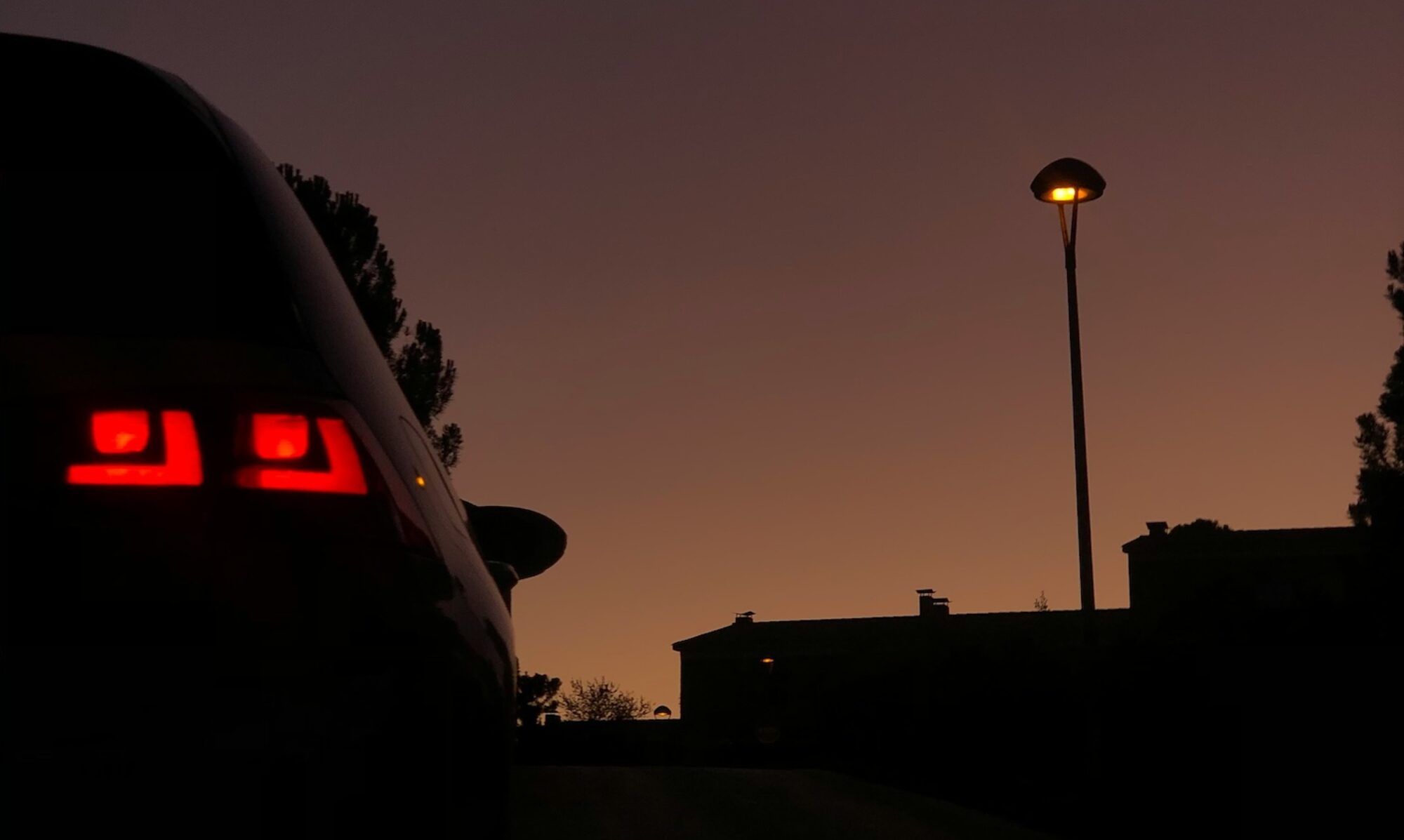When bad things happen, it often seems our instant reaction is to blame… Who’s at fault?! … Someone must pay for this!… Someone is in the wrong!
We then spend significant energy and time targeting the person(s) we have so omnisciently, judiciously determined to be responsible for what happened. We assign blame.
We seem unwilling to acknowledge the prudence of recognizing our perspective may be limited. We ignore that perhaps time will tell more of the story; maybe it won’t. But we are somehow lured into thinking we are experts at things we are not — and that takes the place of extending most mercy and grace. We feel emboldened in assigning blame.
On Saturday, a four year old boy fell into the gorilla enclosure at the Cincinnati Zoo. One 17 year old gorilla — named “Harambe” — was then shot and killed, after rapidly dragging the boy through the waters edging the habitat. Zoo officials called it “a life-threatening situation” for the boy. Note, also, the decision was made to shoot and kill the animal, as opposed to tranquilizing him, because the boy was in danger and the tranquilizer would not have taken effect immediately. Also, the tranquilizer could have potentially, further agitated the gorilla.
What has actually taken effect immediately, however, is the assigning of blame. It has been fast and furious…
The parents are negligent…
You need to keep an eye on your kids…
They shouldn’t have killed the gorilla…
Justice for Harambe…
Protest! Protest!…
People do not come above animals…
Parents need to do their job…
That dumb bi*** should have kept her kid closer…
Ugh. There’s a proverbial pit in my stomach. I feel bad. I feel bad for the gorilla; it’s awful his life was lost. I feel bad for the parents; the shock of seeing their kid in danger and wondering if they could have prevented it. I feel bad for the zoo officials; I’m not sure I could have pulled that trigger. But is feeling bad for all of them not possible? Can we only empathize with one? Can we not have empathy or compassion for more than a single side?
And by feeling bad for only one, is that what allows us to assign blame to another?
I’m beginning to ponder if the assignment of blame equates to an absence of empathy. I will have to think on that more…
In the meantime, I wonder if one of the justifications for our blame assignment is that we too often convince ourselves that “we would never do that” or “we are incapable.” I get that; we all do it. But I’m not sure it’s accurate. I’ve made some mistakes in this life that I never imagined. I’ve seen dear friends make other poor decisions. And but by the grace of God, I think I’m unfortunately capable of too much more; hence, thank God for that grace! I’m thus uncomfortable that our belief of being incapable of similar screw ups provides justification for the lack of empathy and the assignment of blame.
As a semi-humble current events observer, let me also add that here exists an avenue in which I perceive social media having evolved into an illegitimate license to spew — to spew an opinion when perhaps patience, silence, and compassion would be more sensible. Social media is not a conversation; a tweet or snap or status update does not qualify as dialogue. And so we are lured into spewing opinion, forgetting our limited perspective, our lack of expertise, and that time and increased investigation may be prudent to the truth. Instead of actually taking that time, instead of waiting and saying prayers for the persons most affected by the situation, we instead assign blame.
I am saddened that the animal was killed. But I am more saddened by our lack of generous grace.
Bad things happen to good people. I’m not sure we’re ever going to be ok with that. I’m not sure assigning blame helps either.
Respectfully…
AR


Excellent and…. guilty of needing more empathy when I don’t agree with someone!
Yes, exactly as I feel! But written so much more eloquently than I could ever speak it or even think it!
Assignment of blame = lack of empathy…makes sense, as does pondering why we always feel the need to take sides. Strong cases for grace.
It was the perfect storm, that unfortunately ended the life of a beautiful animal. Hopefully everyone involved will learn from this tragedy and make the world a better place for captive animals as well as the people who visit Zoos all across the world to enjoy them.
Well said
An unfortunate incident on all sides.